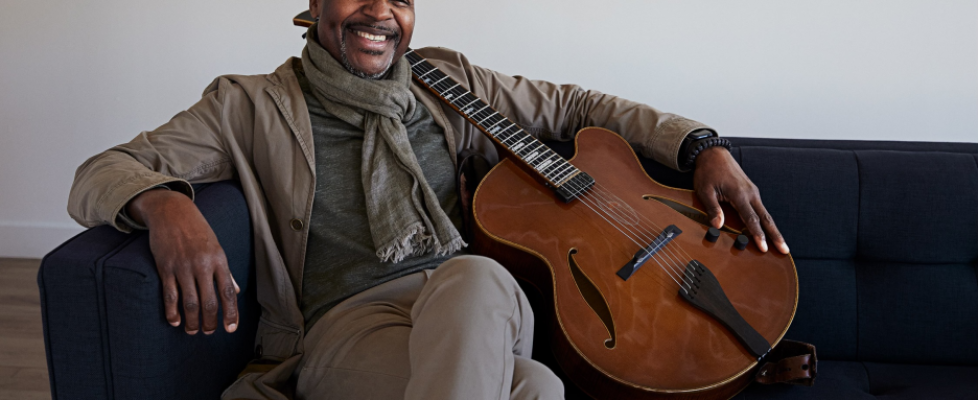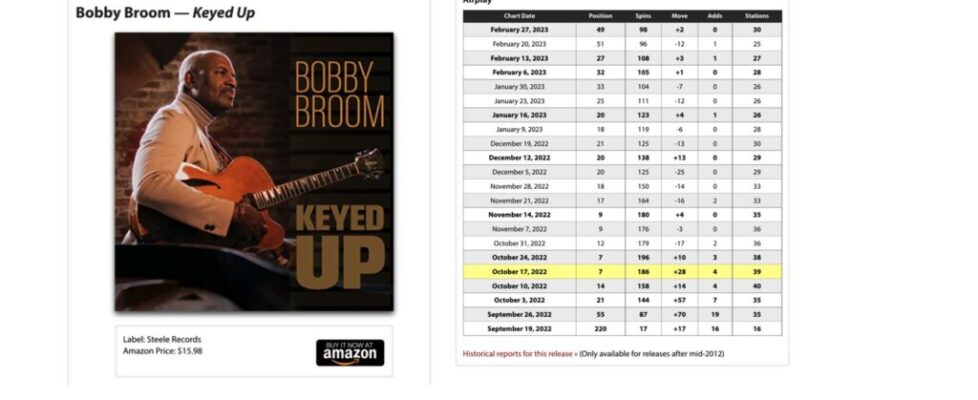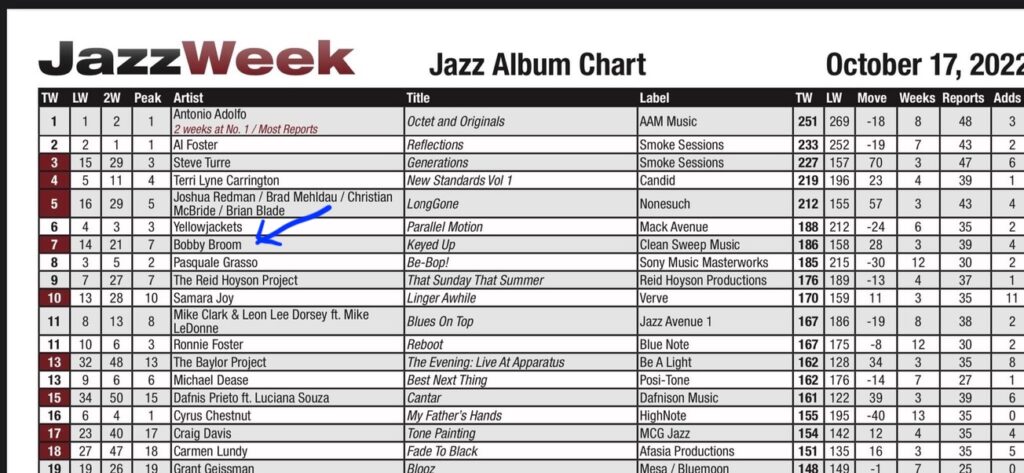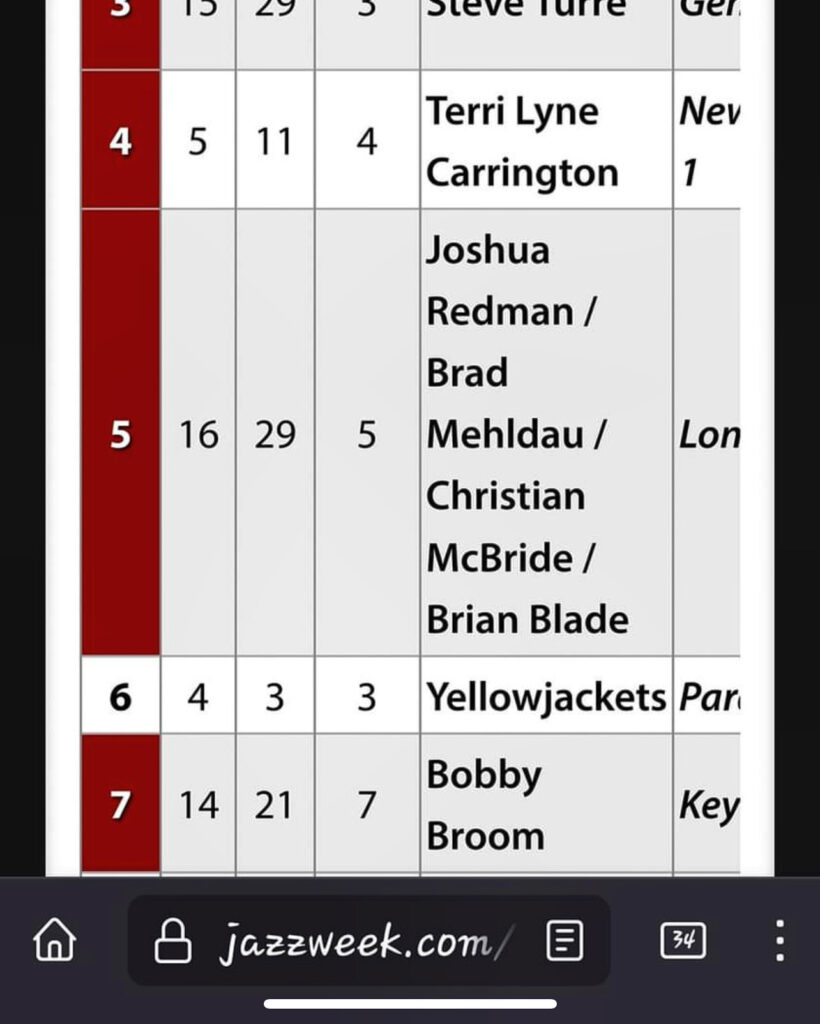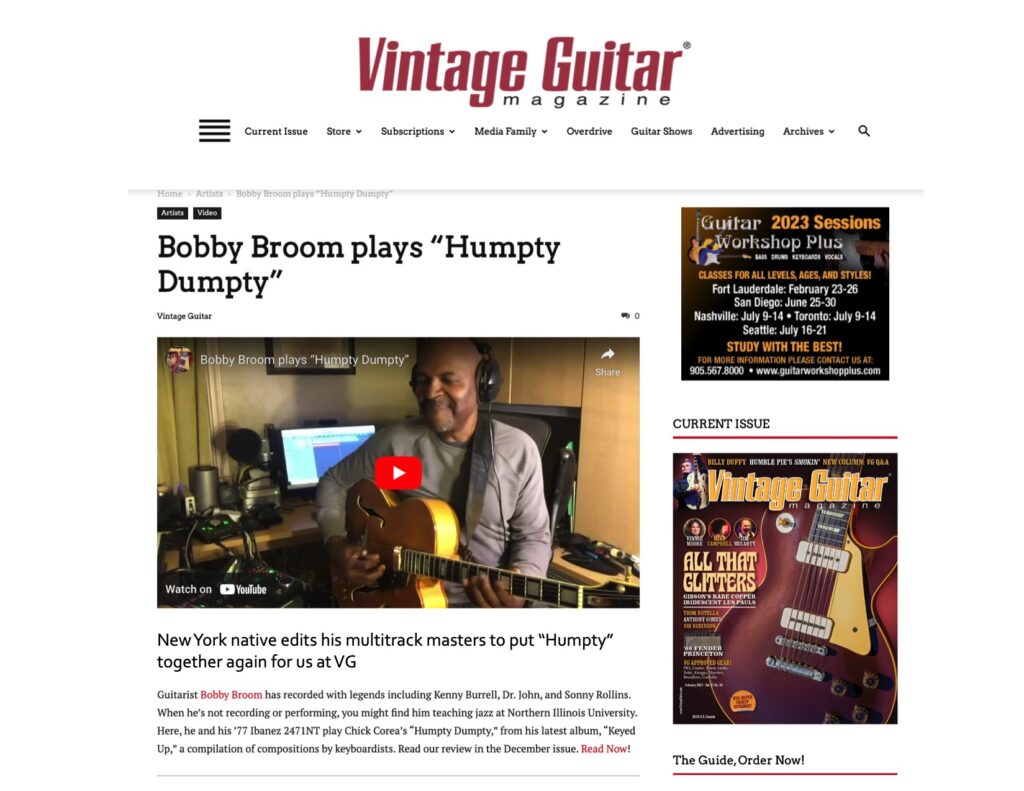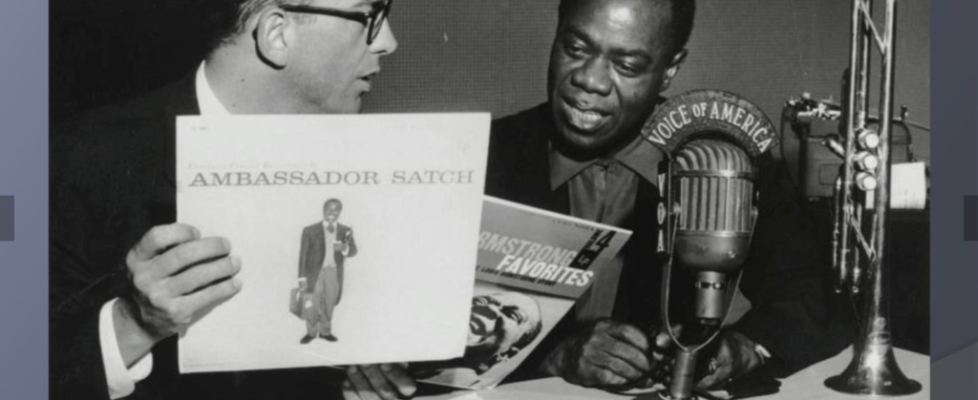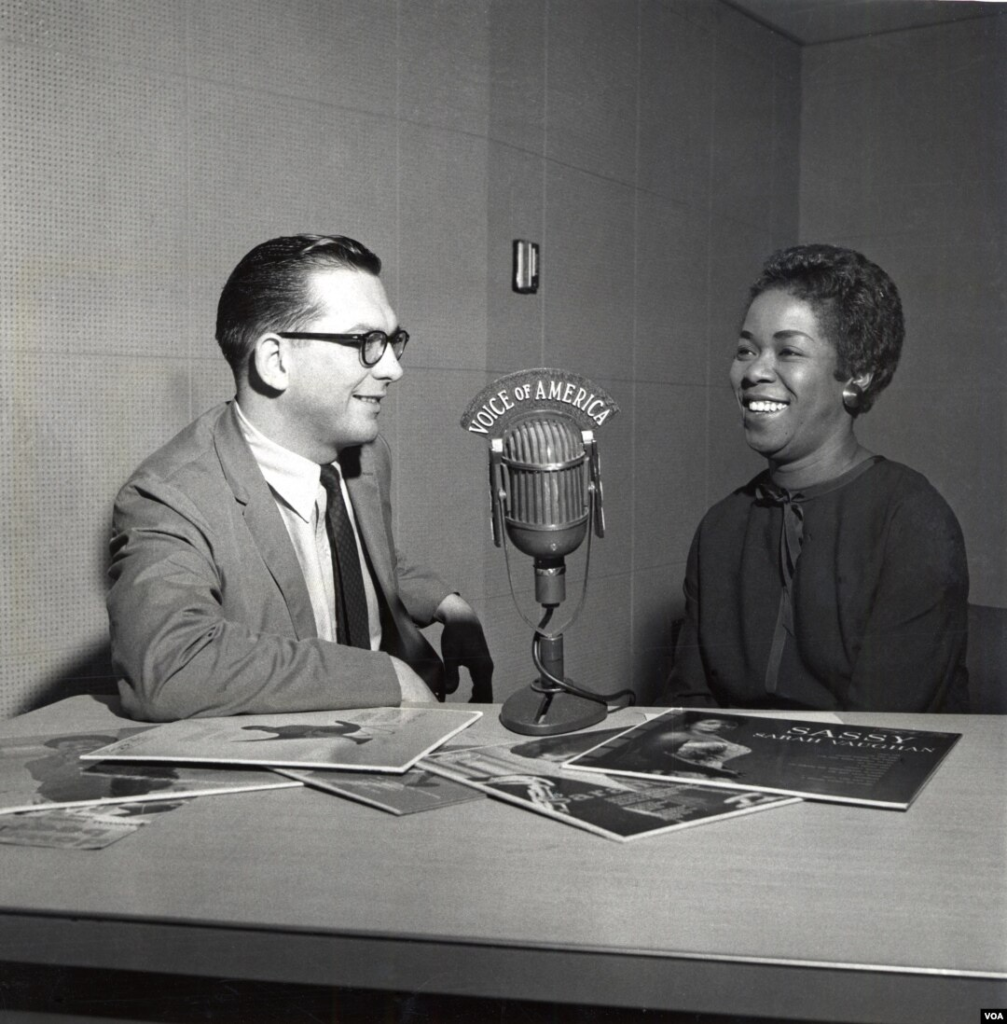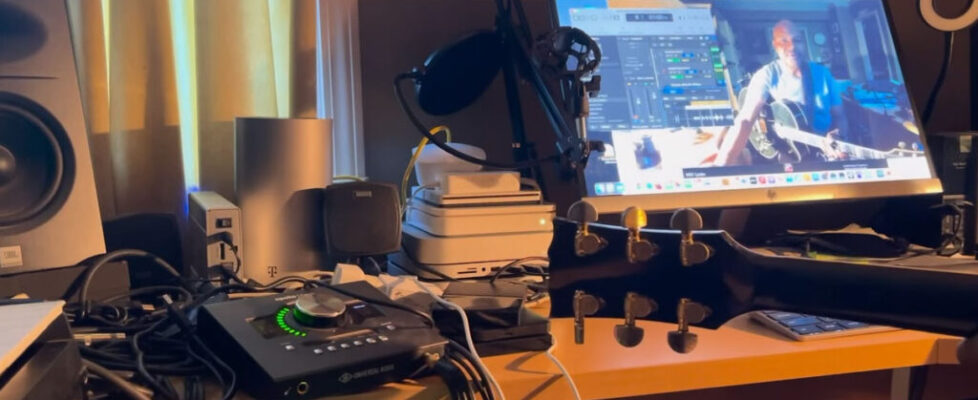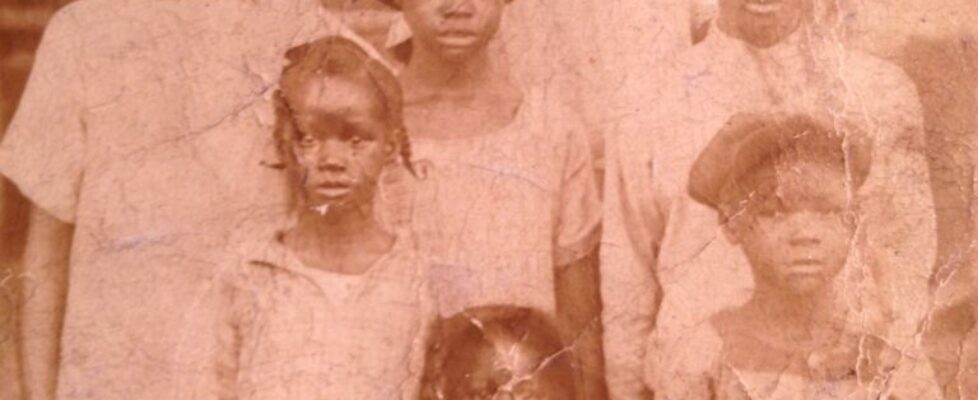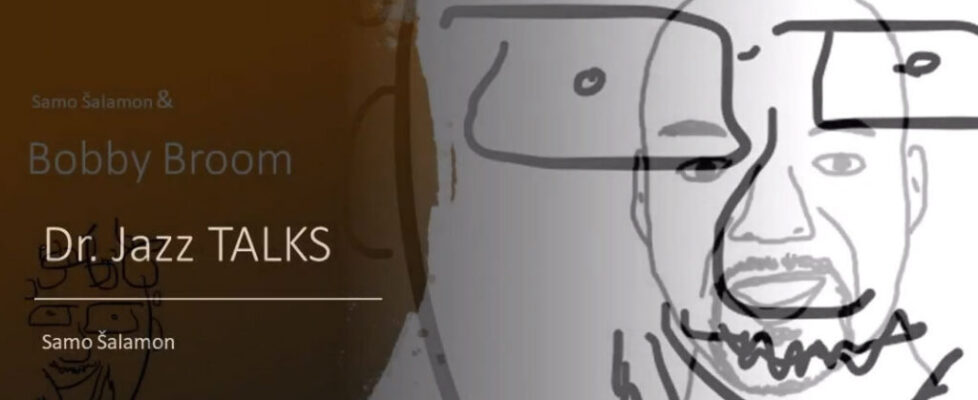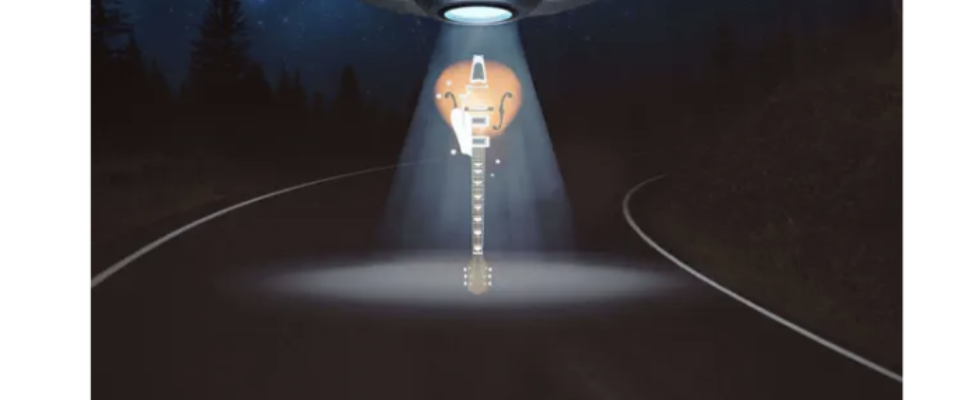Guitarist Bobby Broom Serves Up A Platter Of Spicy Organ Jazz With ‘Jamalot,’ Set For May 24 Release By Steele Records
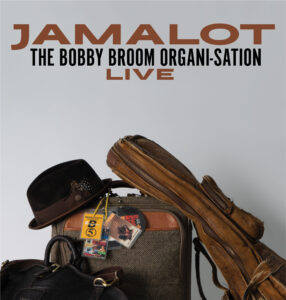 Acclaimed guitarist Bobby Broom makes a welcome return to one of his longtime favorite formats—the jazz organ trio—with Jamalot,a live albumand the second by his Organi-Sation,to be released May 24 on Steele Records. While the trio (which also features organist Ben Paterson and drummer Kobie Watkins) debuted on record with 2018’s Soul Fingers, they have been a working band for much longer; the new release features performances going back 10 years.
Acclaimed guitarist Bobby Broom makes a welcome return to one of his longtime favorite formats—the jazz organ trio—with Jamalot,a live albumand the second by his Organi-Sation,to be released May 24 on Steele Records. While the trio (which also features organist Ben Paterson and drummer Kobie Watkins) debuted on record with 2018’s Soul Fingers, they have been a working band for much longer; the new release features performances going back 10 years.
Actually, Broom’s infatuation with the Hammond organ goes back to his youth. It first bore professional fruit in his twenties, when he joined the band of the legendary Charles Earland. A decade later, in the 1990s, he founded the Deep Blue Organ Trio, which continued working into the 2010s. “I thought after the Deep Blue Organ Trio that I would never feel anything quite like that in terms of chemistry,” Broom says. “And boy was I wrong. It was really incredible to me how much this new group jelled, and the level of music that we were able to play.”
Even a cursory listen to Jamalot’s eight familiar jazz and pop tunes is enough to confirm the rapport he describes. The opener, Stevie Wonder’s “Superstition,” offers up a reservoir of groove so rich it might take even Wonder by surprise. If anything, that’s even more true of the Kurt Weill standard “Speak Low”: Already simmering from the start, the band quickly escalates to a frenetic boil. When they slow things down on “Tennessee Waltz,” the result is a smooth current of soul that the listener can ride blissfully across the song. Even one of the most well-worn staples of the organ repertoire, “House of the Rising Sun,” unearths new, funky realms for the musicians to explore.
And explore they do. As irresistible as their grooving interplay is, it’s rivaled by the exciting improvisations the three musicians unleash. Broom drenches The Beatles’ “Long and Winding Road” in the mud of the Mississippi Delta; Paterson discovers a heretofore unknown gospel stratum in Eric Clapton’s “Layla”; and Watkins threatens to turn “The Jitterbug Waltz” into a wild frenzy of rhythm and ecstasy. On Jamalot,Broom’s long-enduring love for the organ combo is palpable—and, better still, contagious.
Bobby Broom was born January 18, 1961, in New York City. From as early as he can recall, he loved music: just music, style and label notwithstanding. But in his early teen years, the Herbie Hancock and Grover Washington records he heard on the radio had put a new kind of hook into him; the deejays called them “jazz.” By the time he was 16, Broom was attending New York’s prestigious High School of Music and Art and gigging with pianist Al Haig; at 21, he was touring with Sonny Rollins.
By that time, Broom had also signed with GRP Records and recorded 1981’s Clean Sweep, which (along with 1984’s Livin’ for the Beat)wasa crossover jazz success. But rather than settle into a comfortable career in the emerging genre of “smooth jazz,” Broom took the road less traveled: He left the New York scene behind and established himself in Chicago.
In the 1990s Broom formed the Deep Blue Organ Trio and recorded two quartet records before deciding to make a guitar-bass-drums trio his primary outlet. He solidified a lineup with bassist Dennis Carroll and drummer Kobie Watkins with 2006’s Song and Dance. But a chance to go on tour in 2014 with Steely Dan, coupled with the passionate advocacy of his then-drummer Makaya McCraven, brought Broom back to the soulful Hammond organ sound he loved.
Thus it was that the Organi-Sation was born, with Broom enlisting noted organist Ben Paterson and Watkins to develop the band’s joyful sound. After four intensive years, that sound was finally documented on 2018’s Soul Fingers. The live compilation Jamalot, however, demonstrates that the trio’s empathy and deep pocket were present from the very start.
For more information contact Terri Hinte Publicity.

